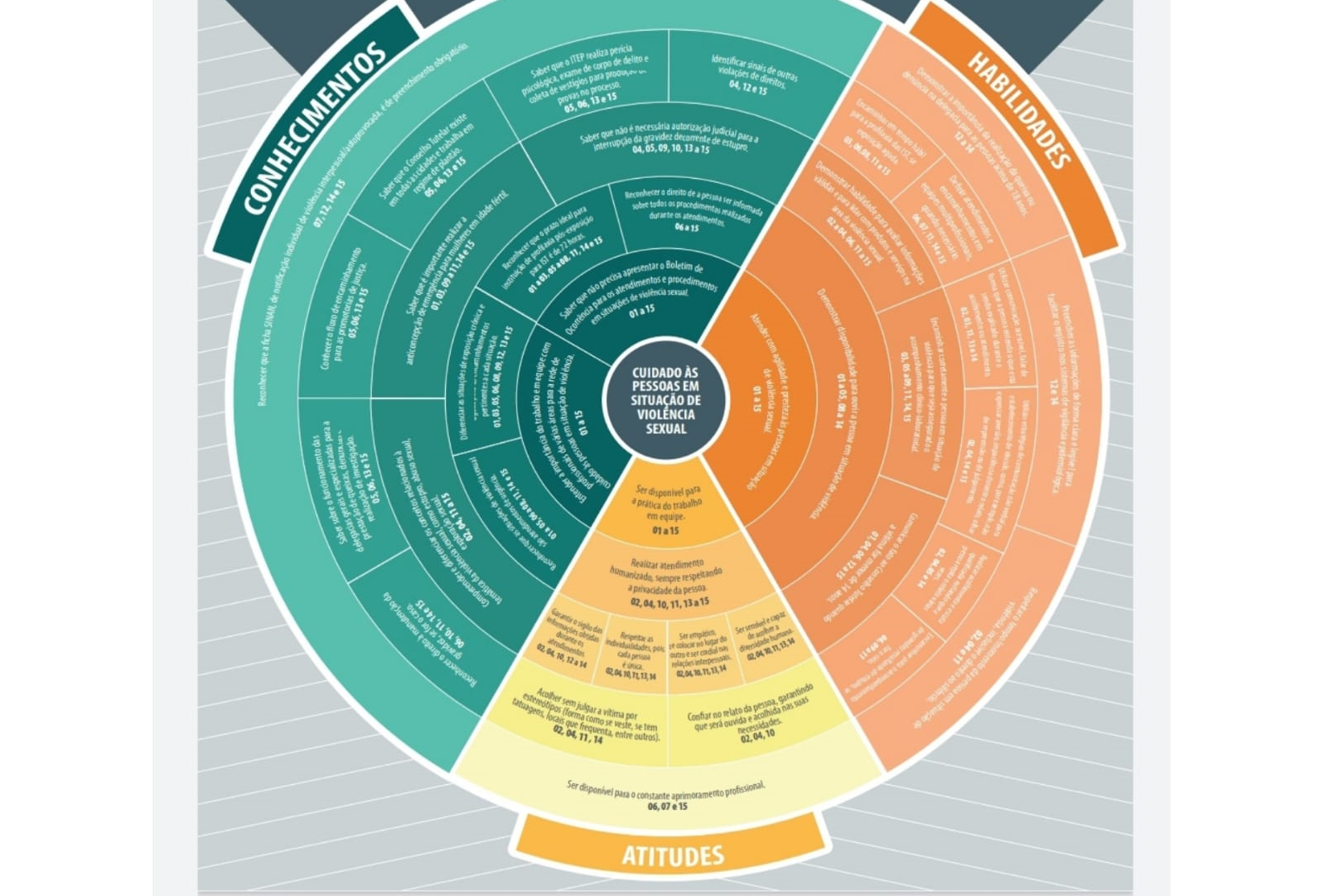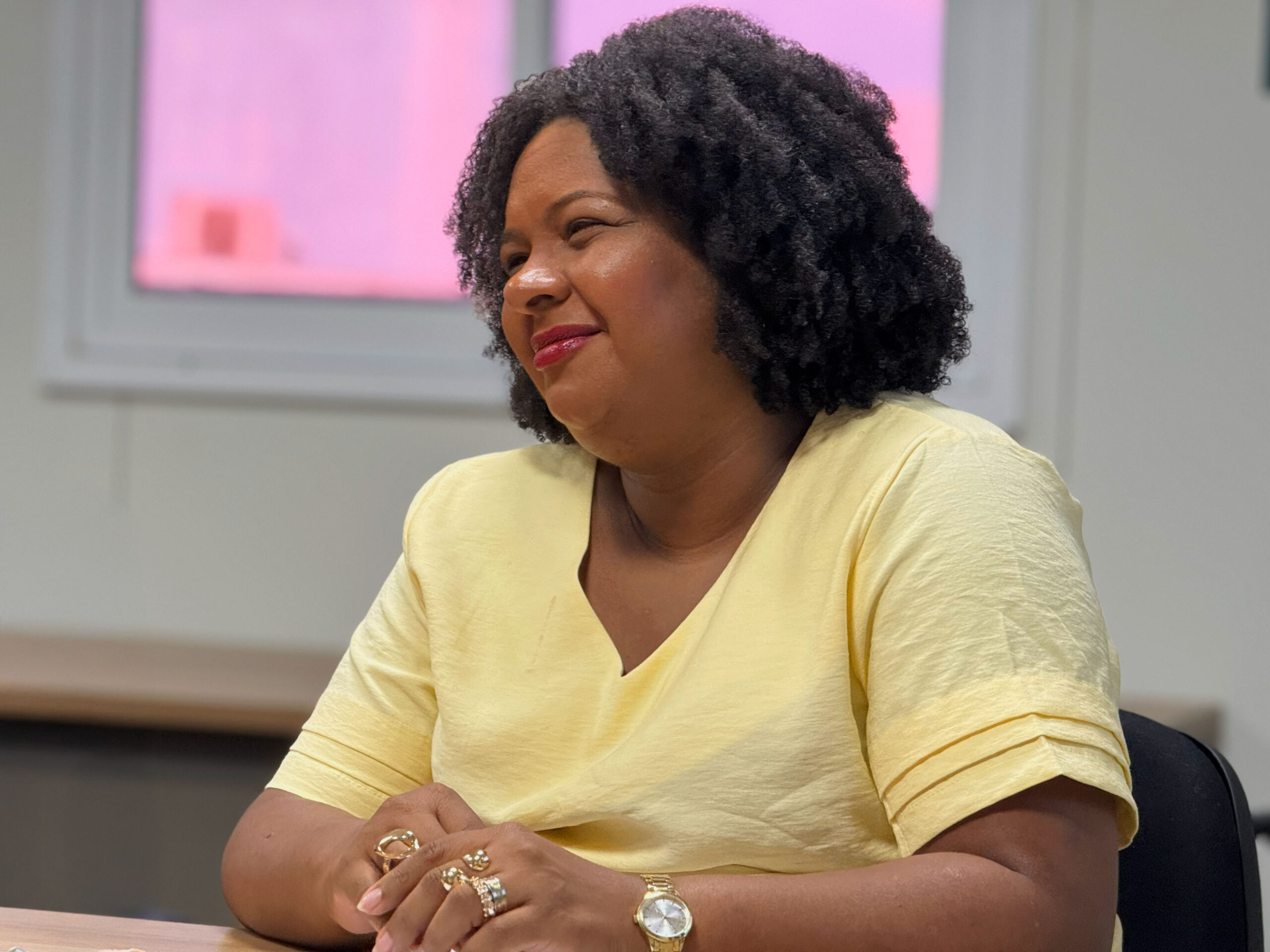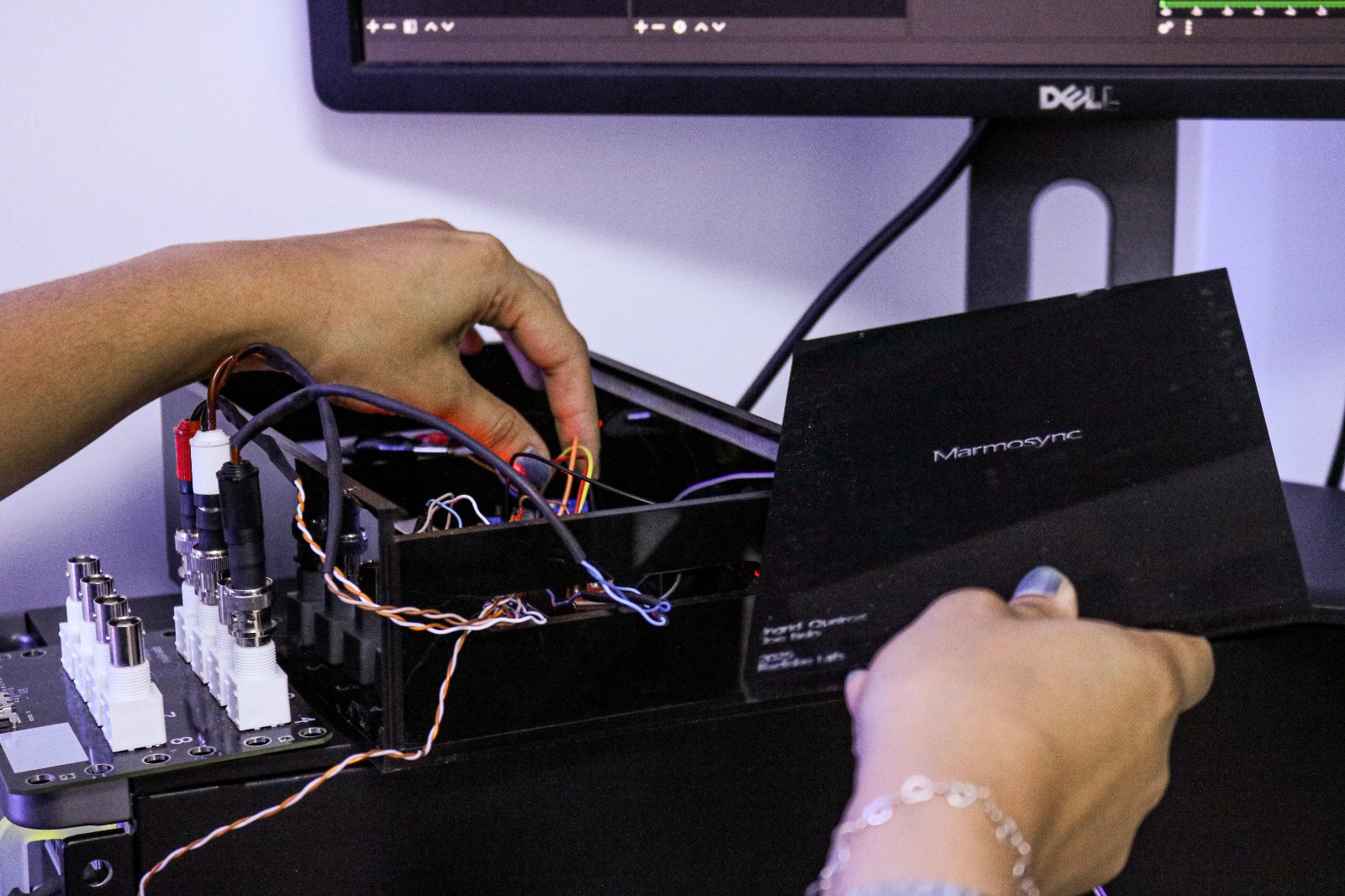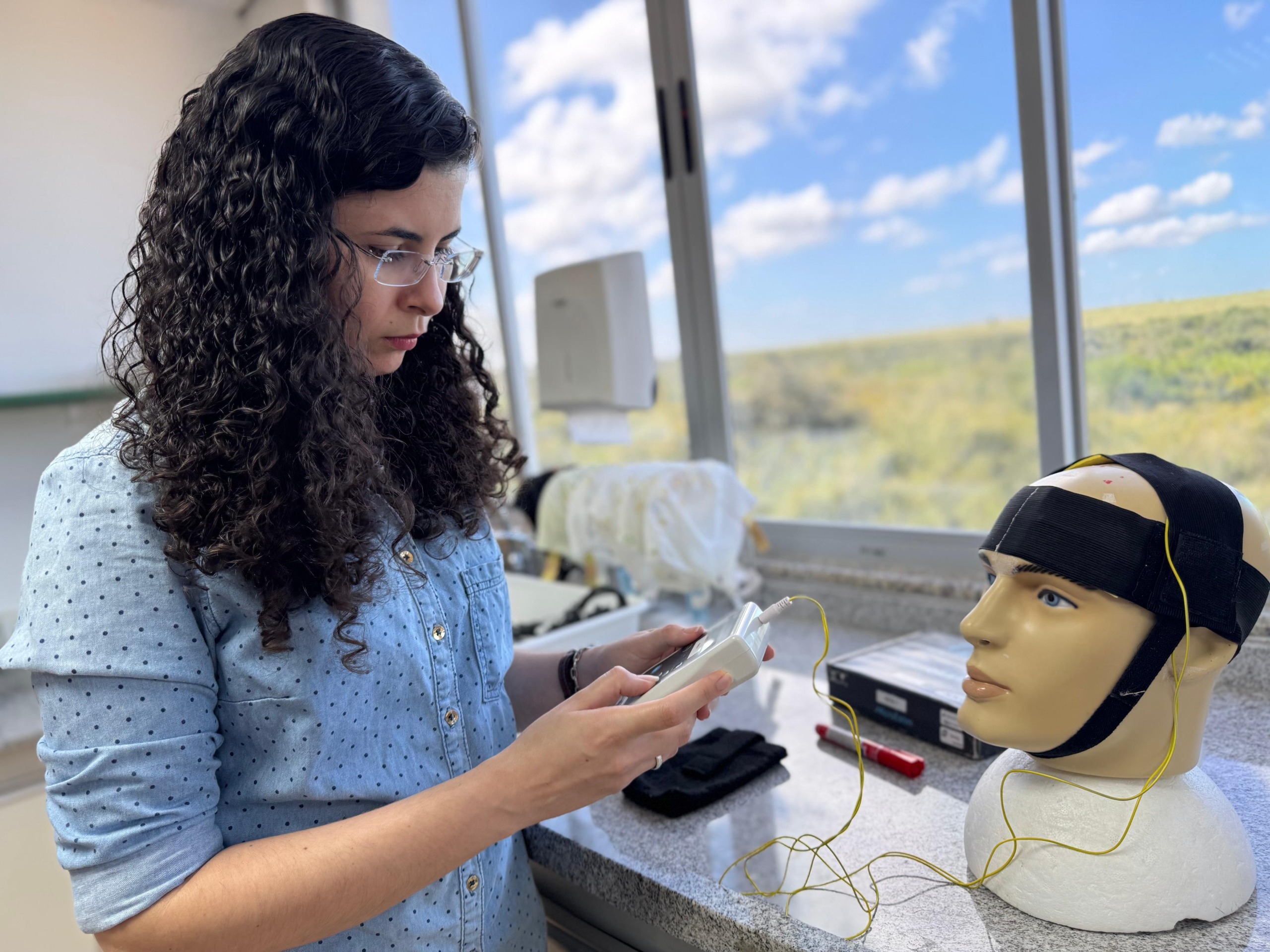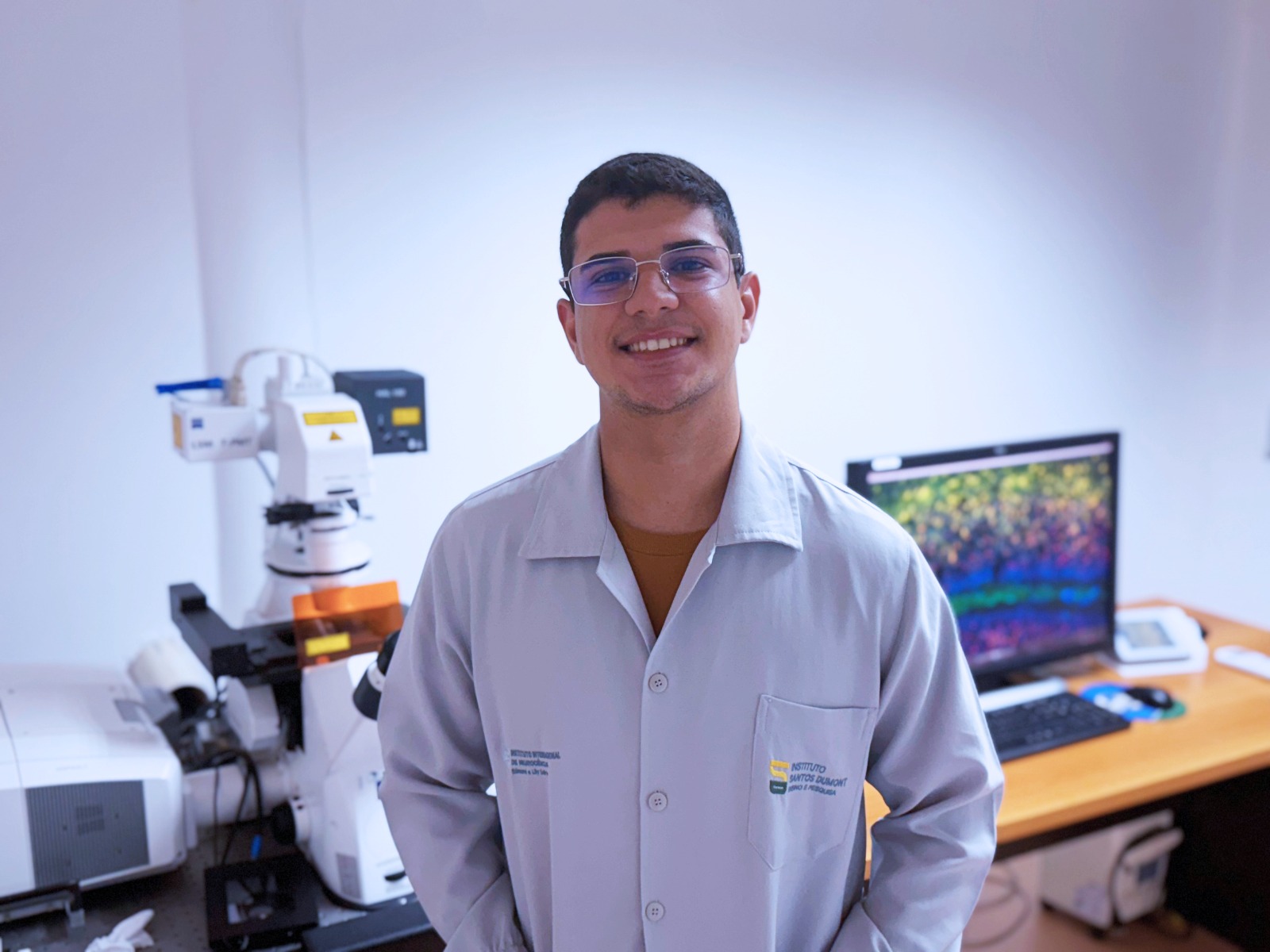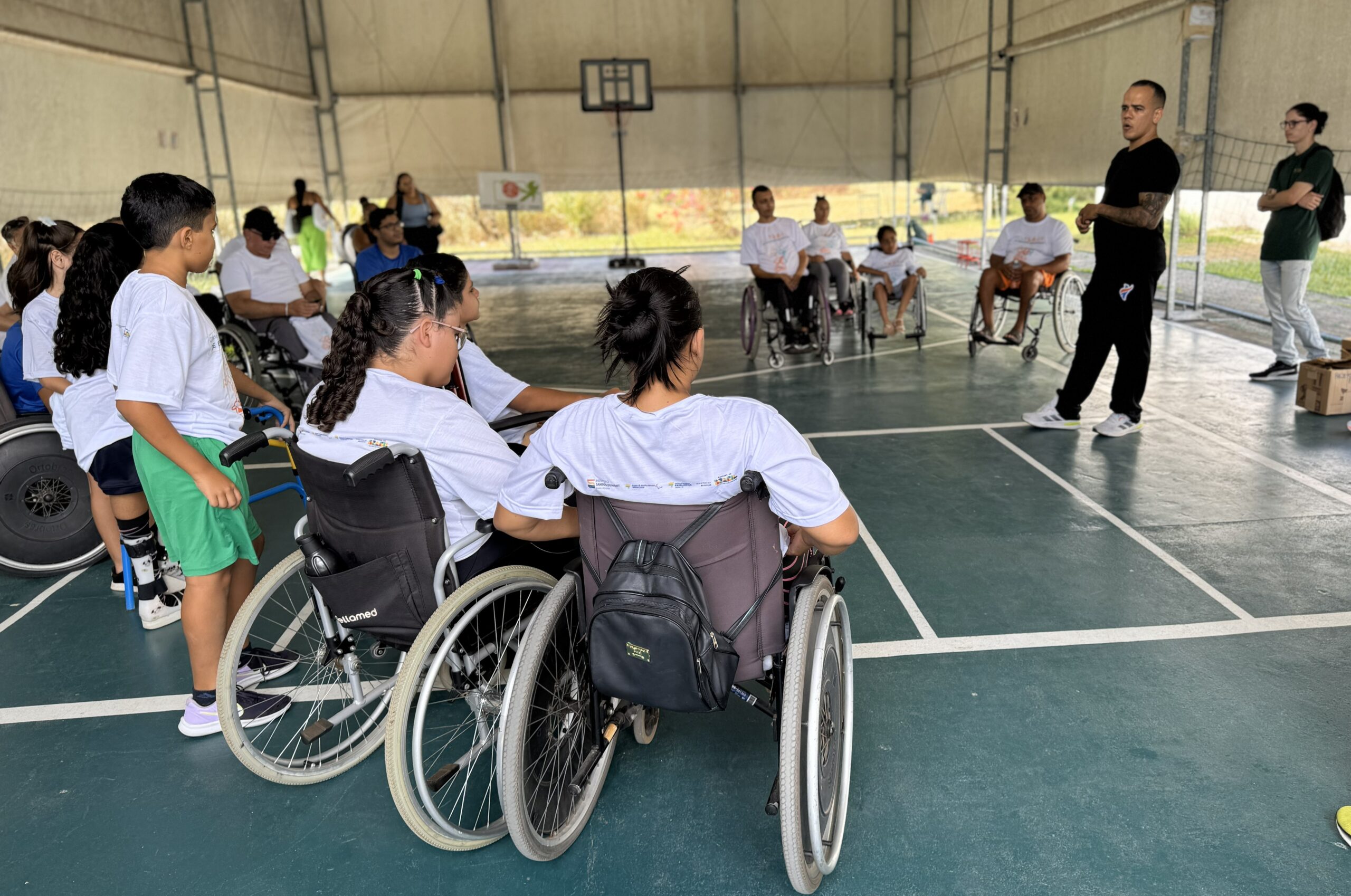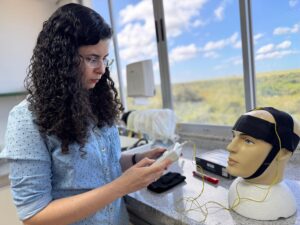Sexual violence affects children, adolescents and adults of different ages, social classes, races, ethnicities and sexual orientations, constituting, according to the United Nations (UN) as one of the main forms of human rights violations, considered a “brutal crime”, which affects the right to life, health and physical integrity of people who experience a situation of violence.
One of the major challenges in confronting this type of violence is the coordination and integration of services to assist those who suffer from this type of violation, in order to avoid revictimization of these people and to offer them humanized and comprehensive care, says Alexandra Lima, social worker and multidisciplinary preceptor at the Anita Garibaldi Center for Education and Research in Health, at the Santos Dumont Institute (ISD). The subject was raised by her in the dissertation for a professional master's degree in Health Education that she defended – and was approved – this Wednesday (23).
Sexual violence, a public health and safety issue, is a challenging topic in many ways, from providing care to victims to protecting and preventing new cases, Alexandra notes. With humanized care for victims as a way to respond to the issue, she developed a Manual of Common Competencies for interprofessional practice in caring for people in situations of violence as her dissertation. The goal is to ensure that people in situations of sexual violence are welcomed with urgency, empathy and interprofessional care.
The material developed by Alexandra Lima as a result of her dissertation provides guidance to professionals who work with the after-effects of violence, especially sexual violence. For her, it is essential to support the victim with skills that go beyond essentially technical training.
“When a victim of sexual violence arrives at a care service, they will meet, at the very least, a security guard, a receptionist, a nurse, and a social worker. All of these people need to understand that care for this victim is urgent and needs to be treated with empathy, preventing the person from revisiting the trauma they have already experienced,” explains Alexandra.
The Manual of Competencies for interprofessional practice in caring for people in situations of sexual violence lists 15 competencies that it suggests that professionals who care for victims follow, divided between skill, knowledge and attitude.
The work was developed through the combination of perspectives presented by professionals and students/residents who work directly and indirectly in the care or guidance of this public, on how the conduct of all agents involved should be.

Victims' complaints
“One of the main complaints from victims, something that we have observed to be uncomfortable, is having to tell the story of the abuse or violence several times. This causes the victim to remember the incident, which is already very traumatic. Often, that person has already been to several places in search of care and a solution. Therefore, we need to provide a more qualified, directive and decisive service, where, from the reception to the office, everyone has the same knowledge, the same skills and the same attitudes”, reports the social worker and multidisciplinary preceptor at Anita/ISD.
According to data released by the Ministry of Health in May of this year, 86% of the violations reported by the Human Rights Hotline throughout 2019 in Brazil were of violations against children or adolescents. In addition, 11% of the complaints related to this group included sexual violence. The percentage corresponds to 17 thousand occurrences.
The survey made it possible to identify that sexual violence occurs, in 73% of cases, in the victim's or suspect's own home and is committed by a father or stepfather in 40% of the reports.
According to the survey Domestic Violence during the Covid-19 Pandemic, from the Brazilian Public Security Forum, in the accumulated period between March and May 2020, there was a reduction of 50.5% in records of rape and rape of vulnerable people in Brazil with female victims compared to the same period in 2019. The largest reductions were recorded in the states of Espírito Santo (79.8%), Ceará (64.1%) and Rio de Janeiro (61.2%).
Rio Grande do Norte, on the other hand, is going against the trend of decreasing cases throughout the country. Potiguares are experiencing a scenario of increasing cases of sexual violence, with 62.2% more cases of rape and rape of vulnerable people in 2020, compared to the same period in 2019. The percentage corresponds to 31 more occurrences in 2020, totaling 81 cases from March to May, against 50 in the same period in 2019.
KEEP AN EYE ON CARE
In the manual of skills for interprofessional practice of care for people in situations of sexual violence, of the 15 points listed, at least three are considered essential, according to Alexandra Lima:
- Act with a sense of urgency to respond to situations of sexual violence;
- Avoid unnecessary conduct and referrals that may lead to the re-victimization of the person in a situation of sexual violence;
- Know the network and flow of referrals for care for people in situations of sexual violence.
Reality in service
“The motivation for this work came from the reality we see in the care provided to victims of sexual violence. There is a need to align actions and information to be provided, and all of this needs to be written in simple, easy-to-understand language so that professionals of all levels of knowledge understand and know how to help and support this public,” explains Alexandra Lima.
The work is the result of a descriptive observational study, based on action research, through a workshop with 76 participants and a questionnaire with 32 responses, where knowledge, skills and attitudes necessary for caring for people in situations of sexual violence were discussed.
The product containing the competencies and their related knowledge, skills and attitudes was represented through infographics. Click to access.
Among the attributes considered essential to the development of most of the common skills established, the results also indicate: “understanding the importance of teamwork with professionals from various areas for the care network”, “assisting people in situations of sexual violence quickly and promptly” and “being available to practice teamwork”.
The master's dissertation was presented this Wednesday (23) in a video conference open to professionals with different levels of knowledge and training who work in contact with victims of sexual violence.
According to the technical standard Humanized Care for People in Situations of Sexual Violence, prepared in 2015 by the Ministry of Health, care for people in situations of sexual violence should not be isolated and its confrontation depends on intersectoral initiatives for care, protection, prevention of new situations and measures to enable the perpetrators of the aggression to be held accountable.
The Anita Garibaldi Health Education and Research Center at the Santos Dumont Institute (ISD) is home to the Fazendo Direitos project, which has been helping children, adolescents, and cis and trans women who are victims of sexual violence since 2016. The social worker and now a master in Health Education from the Federal University of Rio Grande do Norte is one of the preceptors leading the project. The service is exclusive to the Unified Health System (SUS) and promotes awareness-raising actions on the different forms of violence, health education and empowerment in relation to sexual and reproductive rights.
Fazendo Direitos was – along with pediatrics and high-risk obstetrics – maintained in person by Anita/ISD, during the period of isolation decreed as a prevention against the new coronavirus. The service continues to operate and is available to assist victims.



